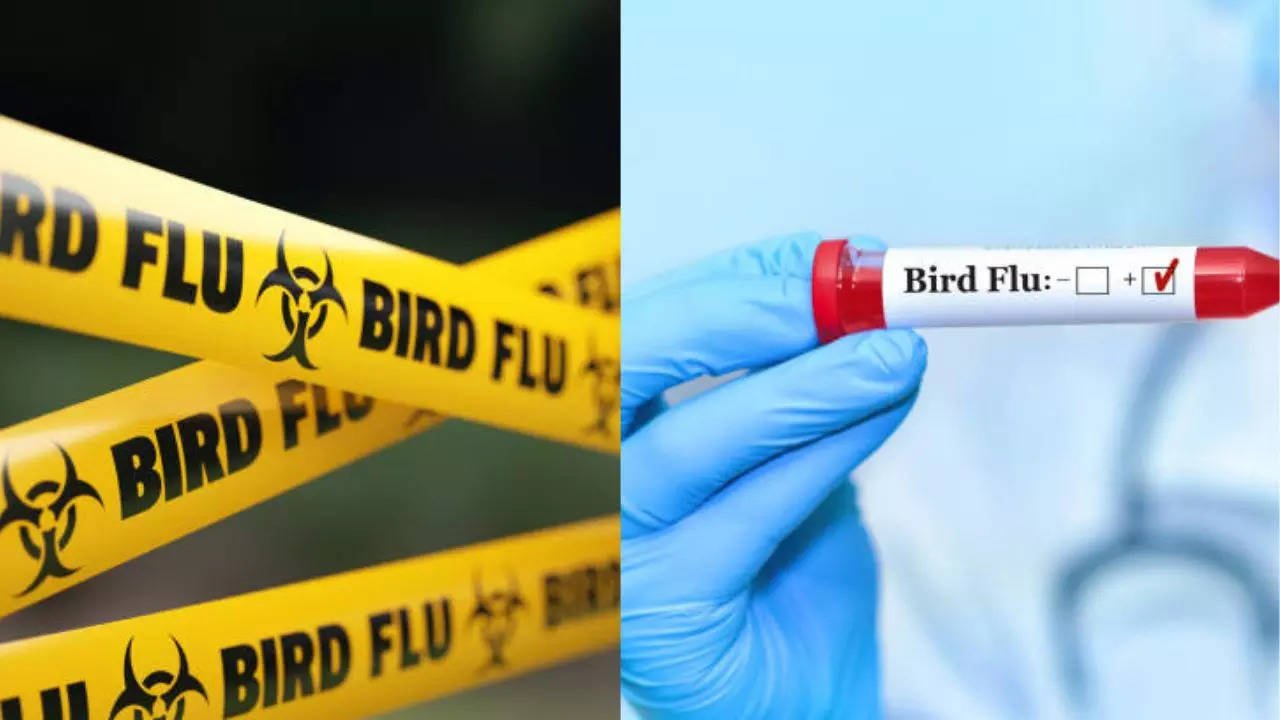Contents
-
news
-
Health
New Zealand says highly pathogenic H7N6 avian flu has been contained; How dangerous is the virus?
New Zealand has said the outbreak of the H7N6 bird flu virus has been controlled at a single location in the southern region of Otago. Officials said the farm linked to the original site, which tested positive for avian influenza on December 1, has been confirmed free of the virus after testing thousands of samples at the end of the full incubation period for the disease. Read on to learn everything about this species.

New Zealand government farms linked to the virus have been appropriately tested
New Zealand has said that after extensive testing they have been successful in stopping this strain Highly pathogenic H7N6 avian flu Which had infected a farm earlier this month. Mary Van Andel, chief veterinary officer at the Ministry of Primary Industries, said in a statement that the government had tested farms associated with the property and was confident it had been contained at that farm.
“We are on our way to eliminating this disease,” Van Andel said.
Earlier in December, a positive test for Virus on a chicken farm in OtagoNew Zealand’s first on the South Island. This strain is different from the H5N1 bird flu – which has spread globally and raised fears of human transmission.
According to Van Andel, the farm that reported the virus remains under a strict biosecurity lockdown while it is cleaned and decontaminated. Following the discovery of the virus, New Zealand suspended all poultry exports. Van Andel said the government is in close contact with trade partners and an agreement has been reached with Australia to continue exporting some poultry products.
What is H7N6 avian flu?
Avian influenza – also known as bird flu, is a viral infection that primarily affects birds, although strains of it also spread to mammals. There are different types of bird flu viruses and they do not spread easily from animals to people or from one person to another. Avian influenza usually only spreads among people who have had extensive unprotected contact with infected birds or other infected animals.
The H7N6 strain recently found in New Zealand has never infected people and the health risk to people from this strain is very low. No human cases of avian influenza have ever been reported in Aotearoa.
How does H7N6 avian influenza spread?,
According to experts, avian influenza spreads from animals to people through close unprotected contact with an infected bird or other animal, or their droppings, saliva or contaminated material. This also includes:
- Touching your eyes, nose, or mouth after touching infected live or dead birds or other animals.
- touching your eyes, nose, or mouth after touching feces or other animal material
- People with avian influenza do not easily spread the virus to other people. On the rare occasion this has happened, it has happened because a person infected with avian influenza had regular contact with another person who later also became ill.
Symptoms and signs of bird flu
Signs and symptoms of avian influenza include:
- high fever or feeling hot and shivering
- muscle pain
- Headache
- cough or shortness of breath
- Diarrhea
- stomach pain
- chest pain
- bleeding from the nose or gums
- redness and swelling of the eye or eyelid
Ways to protect yourself from avian influenza
If avian influenza is found in animals in Aotearoa, anyone who has direct contact or close contact with infected birds or other animals, dead or alive, may be at risk. People who may be more likely to come into contact with infected birds or animals include:
- Bird owners including chickens, pigeons and pet birds
- People who work at or visit zoos, animal sanctuaries, and recovery centers
- Hunters, campers, trampers and recreational fishermen
- farmers
- older people with weakened immune systems
- pregnant women
Experts warn against going near bird colonies or going anywhere where you might come into contact with wild birds or marine mammals. Also, maintain good hand hygiene and wash your hands with soap and running water.
Get the latest news live on Times Now with breaking news and top headlines from around the world.


